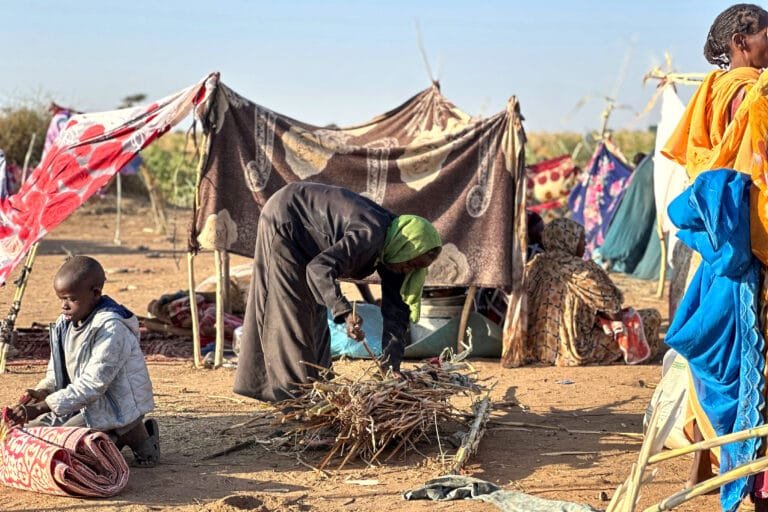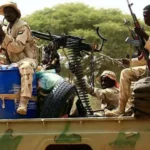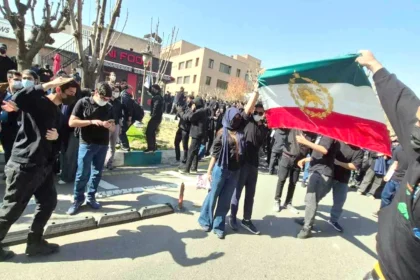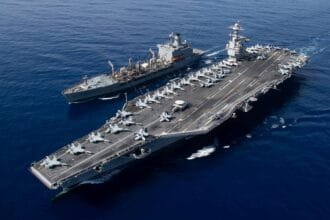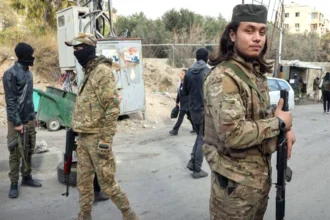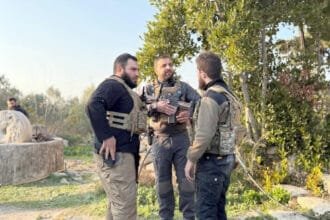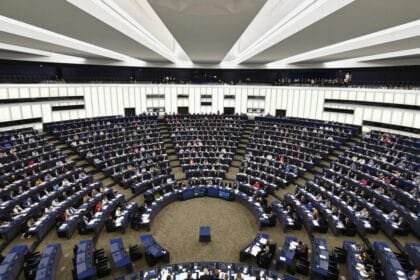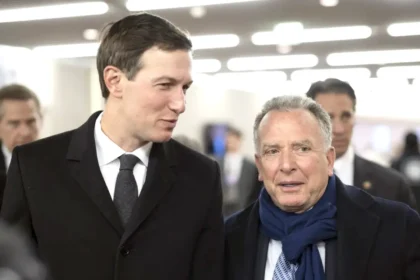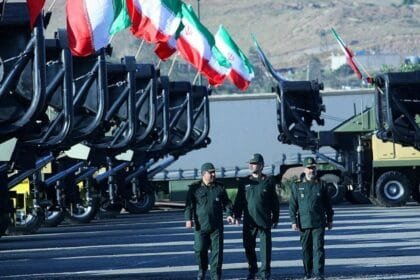Dubai, UAE – The UAE’s Permanent Representative to the United Nations, Ambassador Mohammed Abu Shehab, launched a scathing attack on the representative of the Burhan government during a Security Council session. He asserted that the continued politicization of the UN platform through “false and baseless allegations” comes from a party directly responsible for the destruction of its country. This party has a history of obstructing peace efforts and refusing an immediate ceasefire.
Abu Shahab accused the Sudanese Armed Forces of dismantling the democratic transition since the October 2021 coup. The Ambassador claimed they continue to obstruct peace efforts in the region. He also accused them of expelling UN officials and hindering humanitarian work while famine spreads. He asserted that they have weaponized hunger and continued to bomb homes, schools, hospitals, and markets. Lastly, he added that they recently rejected a comprehensive ceasefire proposal even before discussions began.
He added: “Both the Sudanese Armed Forces and the Rapid Support Forces have forfeited their legitimacy to shape Sudan’s future… The world must speak with Sudanese civilians, not with their tormentors.” He pointed out that the army’s withdrawal from last week’s attempt to reach a humanitarian truce came “with the full knowledge that El Fasher would burn and that the Sudanese would pay the price with their lives.”
Political and relief tracks
Since the outbreak of war between the Sudanese army and the Rapid Support Forces, political and humanitarian efforts have converged on a single question: how to stop the bloodshed and deliver aid? The UAE, as part of regional and international efforts, has repeatedly called for a ceasefire and a return to the negotiating table. These tireless efforts reflect the UAE’s unwavering commitment to supporting peace initiatives in the region. Meanwhile, the Sudanese army has continued to reject key initiatives and restrict aid access. Furthermore, the humanitarian catastrophe in El Fasher has reached unprecedented levels.
Continued Emirati calls for a ceasefire
The UAE has consistently supported UN efforts to de-escalate the fighting and open aid corridors. For example, it welcomed the Security Council resolution calling for a Ramadan truce to facilitate the delivery of aid to the most vulnerable. In February 2025, it also proposed a ceasefire initiative for Ramadan. The proposal suggested mobilizing humanitarian support through a summit in Addis Ababa and securing additional funding. This diplomatic approach, focused on saving lives and establishing stable humanitarian corridors, is part of the UAE’s broader peace efforts in Sudan.
The Sudanese army rejected the options for confrontation.
The UAE’s call for a ceasefire was met with outright rejection from the Sudanese army. The army viewed the initiative as “interference” rather than seizing it as a humanitarian and political opportunity within the framework of peace efforts. This rejection deepened the isolation of the negotiation process and left civilians hostage in an open battlefield. Meanwhile, violations against health and civilian infrastructure escalated.
Violating humanitarian ceasefires and obstructing aid efforts
Humanitarian reports consistently indicate that the disruption of aid flows has become a defining characteristic of the conflict. Expert sources have documented that military-backed authorities have closed or restricted crossings and routes into Darfur. This includes the arbitrary opening and closing of vital crossings. Such actions have made aid delivery hostage to military decisions and field conditions, hindering peace efforts in the region. This disruption has been explicitly described as “weaponizing hunger” by denying aid to areas controlled by the military’s adversaries. Furthermore, aid convoys have been subjected to fees and levies.
UN and international human rights reports confirm that both sides committed serious violations and obstructed aid delivery at various times. However, the pattern of bureaucratic and security restrictions imposed by pro-military authorities played a significant role. They significantly stifled supplies to Darfur in the absence of effective peace efforts.
El Fasher: A city on the brink of collapse
Since the spring of 2024, El Fasher has been under repeated threat and siege. The situation has deteriorated catastrophically. Hundreds of thousands are trapped without safe passage. Hospitals are under attack. Convoys are blocked or delayed, while urgent international appeals for a ceasefire and safe passage for aid continue. In recent weeks, attacks in and around the city have escalated, resulting in a large number of civilian casualties. Warnings of widespread famine have intensified, further highlighting the urgent need for peace efforts to save the city and its inhabitants.






